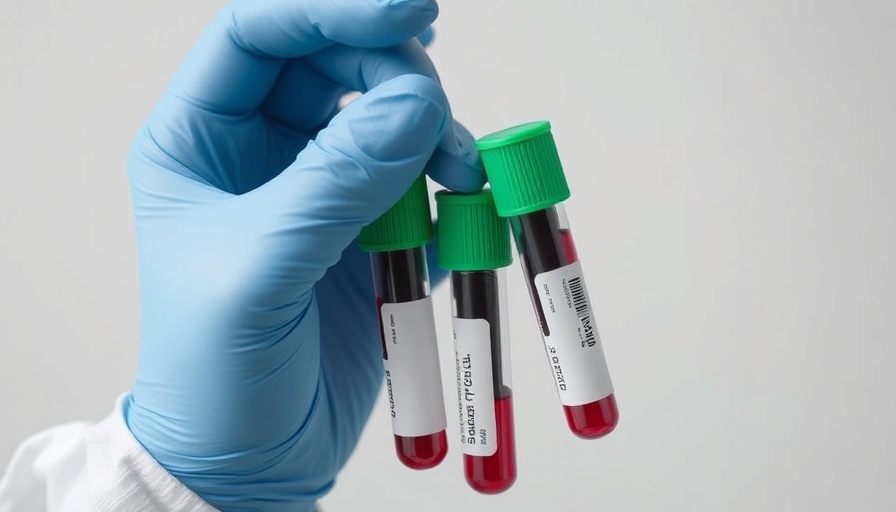
Understanding Telomeres: The Key to Healthy Aging
Telomeres are the protective caps at the ends of chromosomes, playing a crucial role in cellular aging and overall health. As we age, these telomeres gradually shorten, which can lead to various age-related diseases and even impact life expectancy. New research indicates that vitamin D supplements may help preserve telomere length, potentially offering a way to slow biological aging by up to three years.
Vitamin D and Telomere Preservation: What the Science Says
According to a study detailed in The American Journal of Clinical Nutrition, vitamin D supplementation minimizes telomere shortening. This study, part of the larger VITAL trial, involved a significant cohort of adults who took either vitamin D3, omega-3 fatty acid supplements, or a placebo over roughly five years. Participants, mainly aged fifty and older, provided critical data regarding how these supplements affected their telomeres.
Dr. David Cutler, a family medicine physician, explained that when telomeres become too short, cells either stop dividing or undergo programmed cell death. Both scenarios contribute to aging and increased vulnerability to age-related diseases.
Broader Implications for Health and Well-being
These findings may have far-reaching implications for how we approach health as we age. Understanding the role of vitamin D in telomere preservation not only informs dietary choices but could also shape how health practitioners recommend preventive measures against aging-related diseases.
Supplementation and Lifestyle Choices: What You Need to Consider
Incorporating vitamin D into your daily routine can be achieved through supplements and dietary adjustments. Foods rich in vitamin D, such as fatty fish, fortified dairy products, and egg yolks, can be beneficial. Regular sun exposure also plays a vital role in maintaining healthy vitamin D levels, which the body naturally produces when exposed to sunlight.
However, it's essential to consult with a healthcare provider before starting any supplementation, as too much vitamin D can lead to toxicity.
Future Insights: What’s Next for Aging Research?
As research delves deeper into the impact of vitamin D on biological aging, we can anticipate evolving recommendations for preventive health care. If vitamin D proves to be a significant factor in preserving telomere length and, by extension, longevity, we may see it integrated into widespread health strategies aimed at improving quality of life in older adults.
Your Path to a Healthier Future Starts Now
Embracing a healthier lifestyle can lead to meaningful changes in how we age. Consider incorporating regular physical activity, a balanced diet rich in vitamins, and adequate sunlight exposure. Each small step you take can contribute to a longer, healthier life.
As we navigate the complexities of modern health trends, let's remember that taking charge of our health is a personal journey. Pay attention to the nutrients your body needs and consult with health professionals when making decisions about supplementation.
 Add Row
Add Row  Add
Add 




 Add Row
Add Row  Add
Add 

Write A Comment